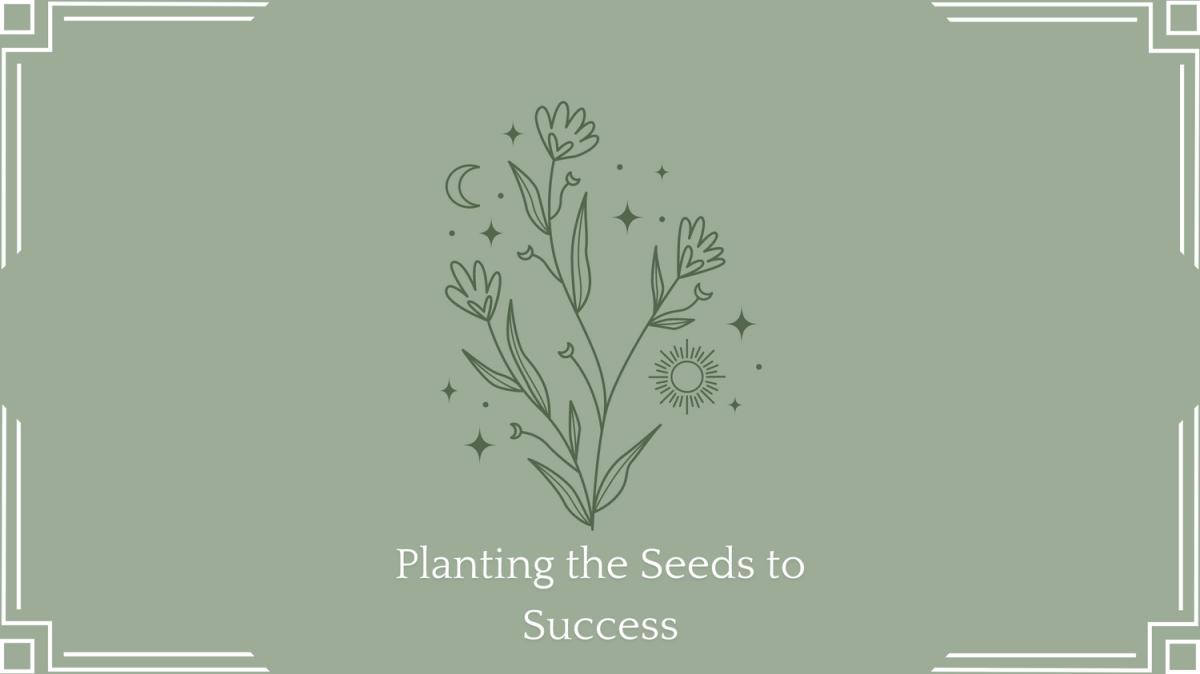Composting is good for the environment and provides free, nutrient-dense soil for your garden. It is also one of the best ways to reduce food waste.
Deliberately choosing what you compost can reintroduce vital nutrients to the soil that plants suck up. Coffee grounds are a good example of this because when they decompose, they release nitrogen that plants that bear fruit and root vegetables thrive off of. Composting brown matter such as leaves and tree branches can provide carbon and help get rid of excess moisture.
With the technological advances of our society today, many people are able to deliver what they need directly to their houses. While convenient, it leads to a lot of waste from the cardboard boxes used to deliver things. Luckily, cardboard boxes and other used paper materials such as newspapers are fantastic to put in your compost bin. Just make sure the paper does not have a shiny film on it as that makes it difficult to decompose.
While composting may be a good way to sustainably get rid of most of your food waste and paper scraps, not everything should be composted. Dairy products should not be composted because the fats and oils can prevent other things from composting. Meat and animal bones should also be avoided because it can attract pests.
It is important to make sure to regularly mix up your compost bin because, in the heat of summer, it may burst into flames if you are not careful. Natural bacteria produce heat while they are decomposing. While this can not be avoided, this can be easily avoided by setting a schedule to turn your compost over every so often. While unlikely, It is also a good idea to keep your compost bin a safe distance from your house in case it does catch on fire.
When done properly, composting can be a fun way to reduce waste and create fertile soil for your garden.


